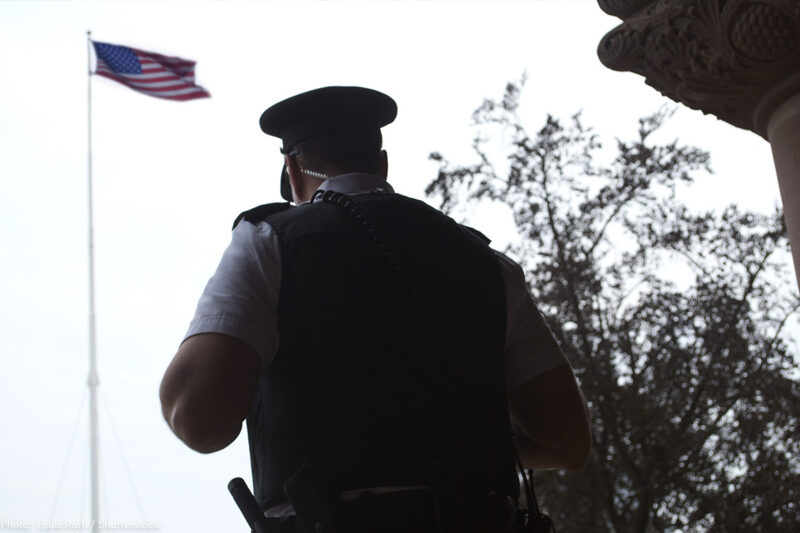New Hampshire Has a Confidential List of Officers With Credibility Problems


Police misconduct is a national problem. Videos recording police interactions have led to a renewed focus on police misdeeds and an understanding that police officers’ descriptions of events are not always accurate. However, because law enforcement agencies largely act independently, police wrongdoing and dishonesty must be fought locally.
In New Hampshire, police officers are given special protections not afforded to citizens in the private sector: Their personnel files are deemed confidential. At the same time, to ensure that criminal defendants can present a strong defense, both the New Hampshire and require that defendants have access to evidence that might help their case, including exculpatory evidence in a police officer’s personnel file.
The state’s “Laurie List,” named after , was created in an attempt to reconcile these two conflicting principles. Officers’ names may be placed on the list for incidents relating to their truthfulness or credibility. This would include, for example, lying under oath or falsifying evidence.
There is one glaring problem with New Hampshire’s Laurie List, which consists of . It is secret. The public is left unaware of which officers in their towns have had issues concerning their truthfulness or credibility. And defense lawyers have no way to verify that proper disclosures concerning testifying officers are being made in their cases.
And, on April 30, New Hampshire Gov. Chris Sununu and the state’s attorney general Gordon MacDonald made this system even worse. They that the Laurie List procedure would be changed so that a police officer under investigation for a potential credibility problem will not be placed on the list until the investigation is completed. Instead, officers are expected to “notify the prosecutor in any case in which they may be a witness that they are under investigation,” according to the memo. Proponents declared that these changes to the Laurie List were needed because the police “deserve the same robust due process protections as any criminal defendant would have in court.”
This is wrong.
The police are not entitled to rights equal to those held by defendants because, in a criminal case, the government is attempting to deprive the defendant, not an officer, of life, liberty, or property. Juries trust that officers are telling the truth, so individuals may be sent to prison for years on the basis of an officer’s testimony. A criminal defendant simply has much more to lose. If an officer lies, an innocent person may be incarcerated, and trust in the system is eroded. We, as a society, have faith in criminal convictions precisely because we know that the accused have constitutional rights that are aggressively enforced by lawyers and the courts against the government.
This new approach to New Hampshire’s Laurie List asks defendants to trust that police officers will disclose credibility issues on their own initiative. Relying on an officer who has an alleged trust issue to self-report does not sufficiently protect defendants’ due process rights. These concerns could easily be eliminated altogether if New Hampshire, like and , made closed disciplinary findings in police officers’ personnel files available to the public. As police officers are paid by taxpayer dollars, the public has a right to know about these incidents of misconduct. A police officer’s right to keep their misconduct secret certainly does not outweigh a defendant’s right to present a full and robust defense.
The system is already imperfect. Because the list is secret, defendants have no way of knowing whether they are getting all the information to which they are entitled. On multiple occasions, the state a criminal defendant that an officer involved in their case was on the list. Furthermore, a single corrupt officer may affect dozens of cases. The firing of a police detective in Manchester, New Hampshire, forced prosecutors to . In a separate incident, after two officers were fired for allegedly lying about a case, .
This change to the way the Laurie List operates will exacerbate these problems by enhancing the power of the state at the expense of defendants who risk losing their liberty. This is not how the Constitution works. The New Hampshire Attorney General’s Office must ensure that defendants are afforded their due process rights, not chip away at them.


